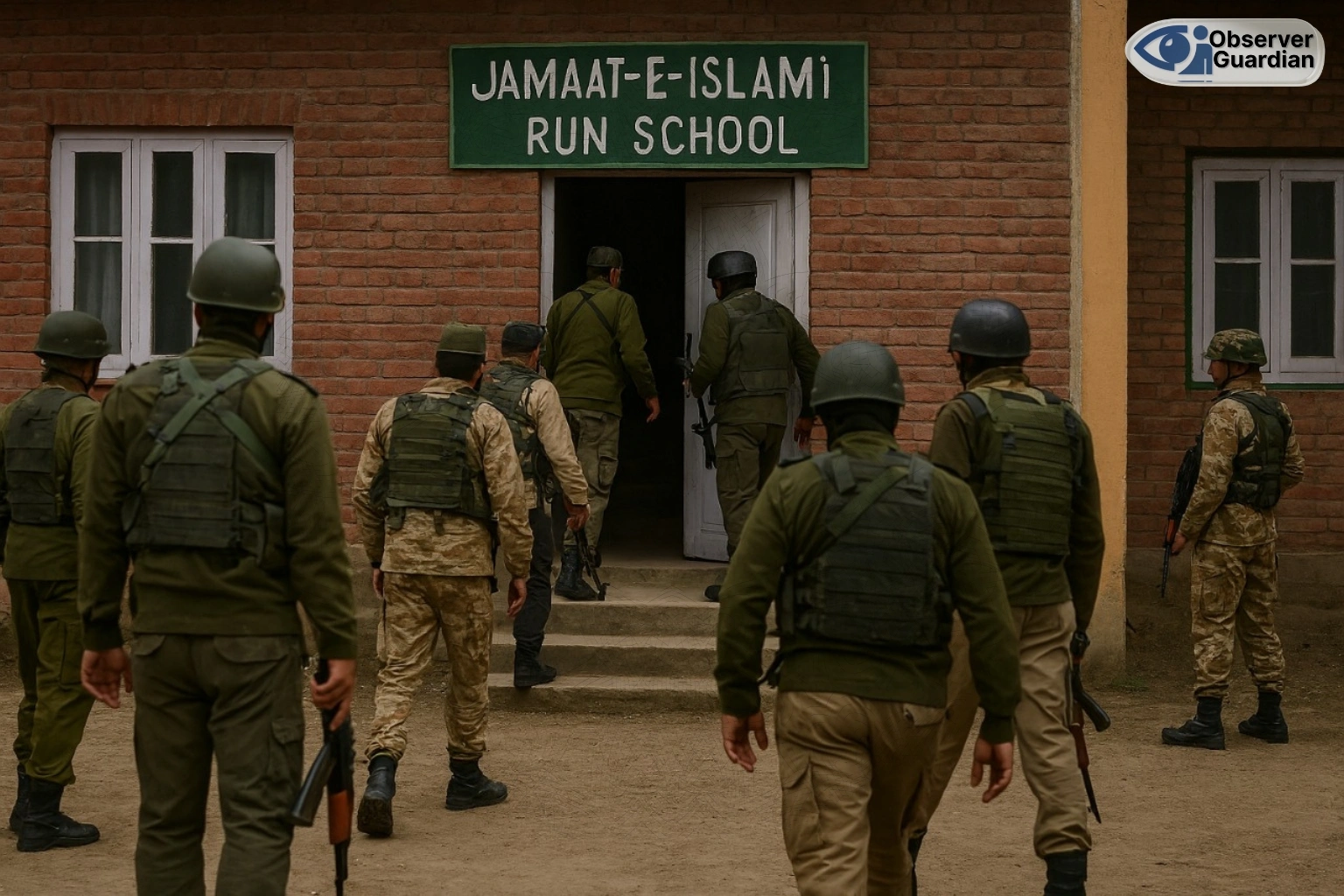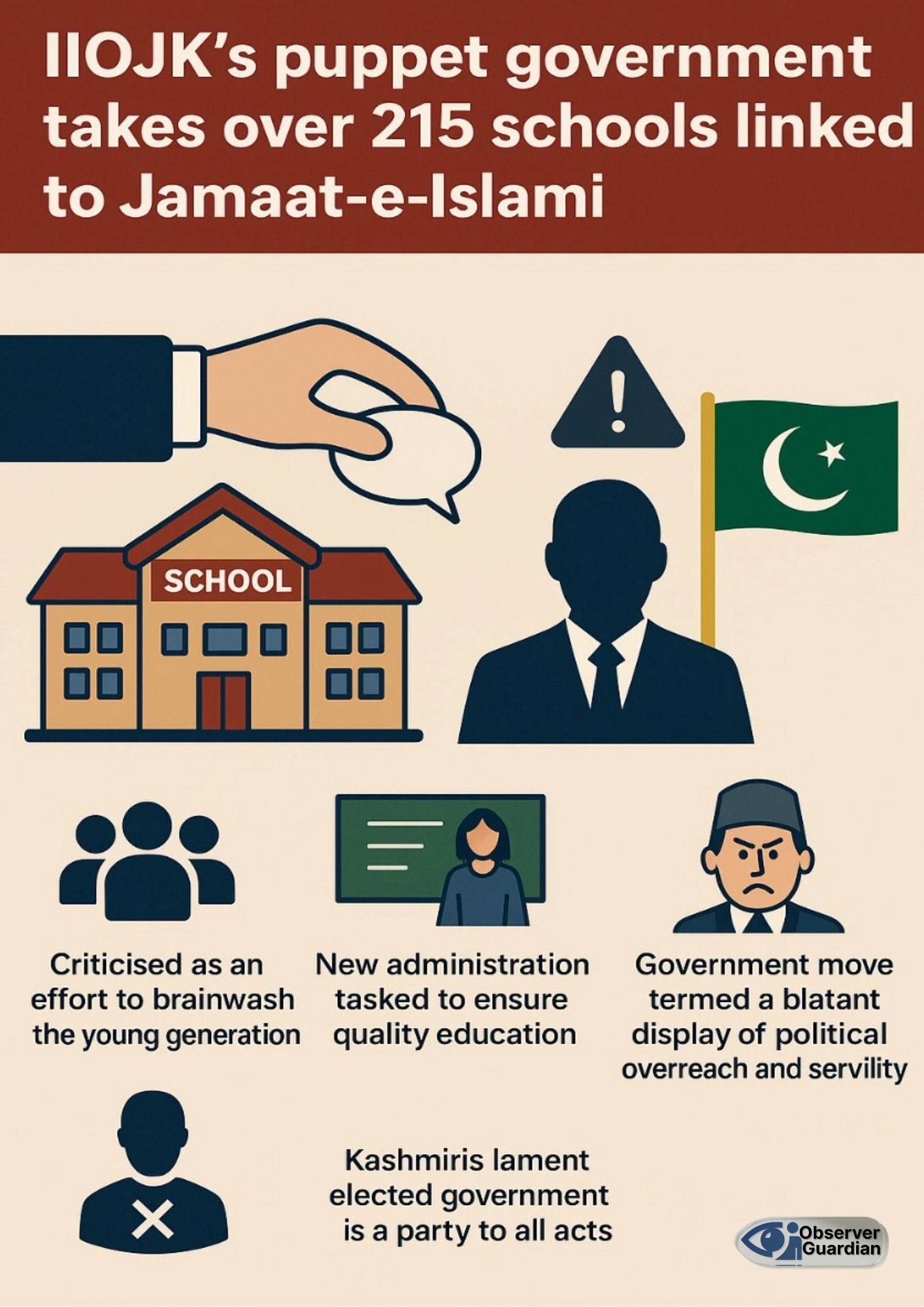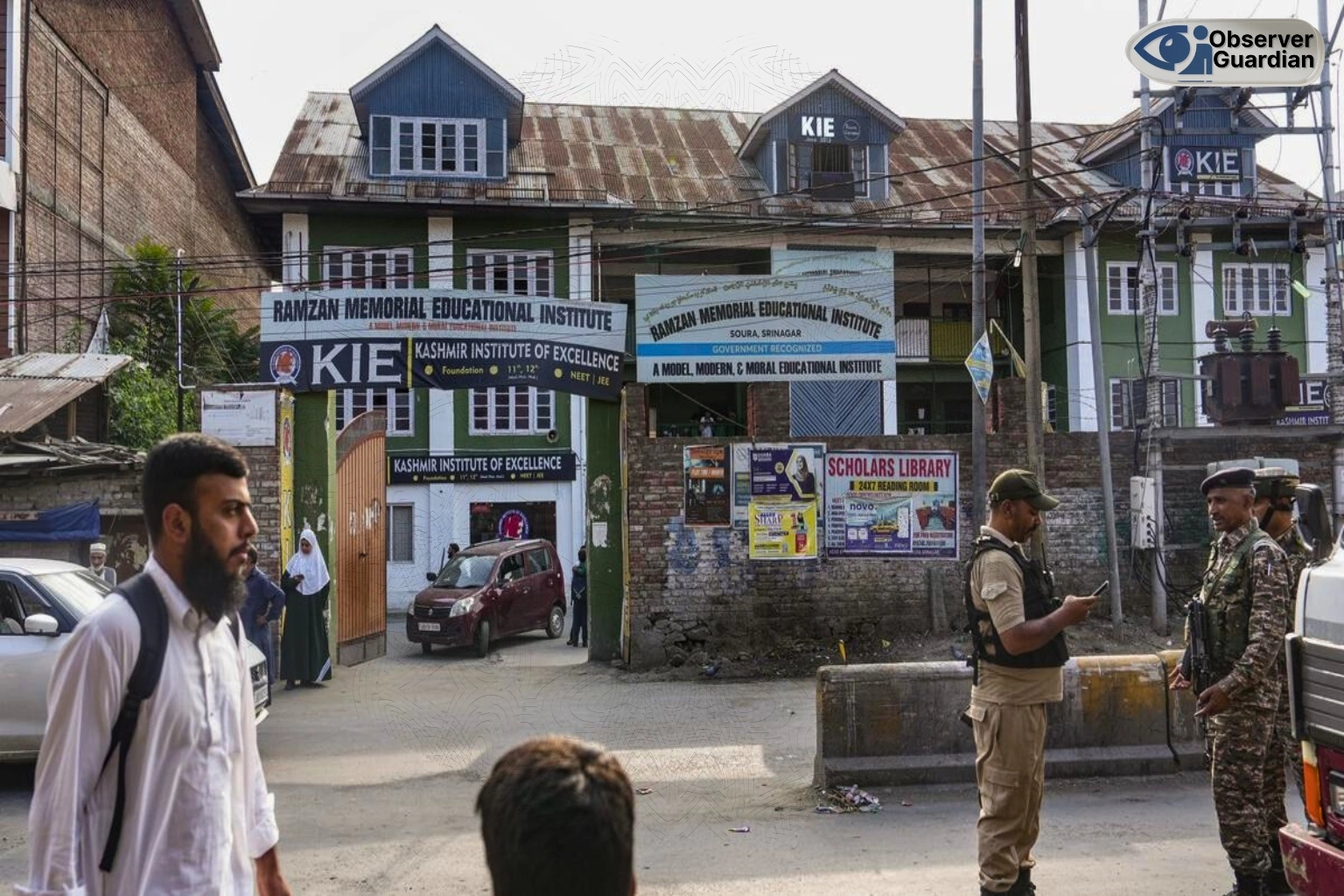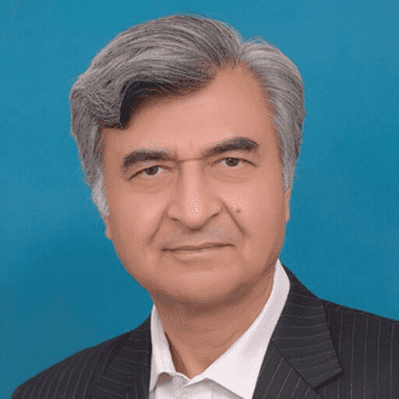The puppet government of Indian Illegally Occupied Jammu and Kashmir (IIOJK) in recent times assumed control of 215 schools associated with the forbidden Jamaat-e-Islami (JeI) group in a foremost step to reorganize the education sector. This decision originates after the Government of India (GoI) confirmed JeI to be an illegal association in February 2019 and for a second time in 2024 beneath the Unlawful Activities (Prevention) Act (UAPA). Between charges of political deceive and administrative needs the takeover has flashed extreme controversy. The basis for the government’s decision, the responses of Kashmiri citizens and leadership, potential policy changes to improve educational standards, and the wider consequences.
Expiration of Managing Committees and Security Concerns
The government order that provided the authority to district officials to take over these schools was mostly defensible by intelligence agency findings. The administration claims that the State Intelligence Agency (SIA) has considered these 215 schools a threat and that the handling committees’ rationality has expired. Administrators pointed to studies that connected banned activities supporting separatism and against the national agendas to trust activated educational systems, mainly those functioned by the Falah-e-Aam Trust, connected to Jamaat-e-Islami.
Under the appearance of counterterrorism actions, the authorities highlighted that the assessment was made in response to intelligence references to prevent banned objects from mistreating educational institutions. Out of about 300 schools that were inspected, 215 had undesirable reports because of their direct or indirect links to JeI. In these institutions, tens of thousands of students are registered and the administration claimed that this step is vital to fortifying their academic future.

Political Responses and Criticism by Kashmiris
Numerous political groups and community voices in Kashmir have abruptly criticized the move. Member of the Legislative Assembly (MLA) and president of the Peoples Conference Sajad Lone criticized the government’s move as a “blatant display of political overreach and servility.” Calling them equal partners in the takeover and blaming them of establishing “new standards in servility,” he complained about the involvement of the elected government.
Lone spoken anger with policies that complemented central severe agendas and referred to the ruling National Conference as the Bhartiya Janata Party’s (BJP) “A team.” Opposition parties and local management argue that governmental interference in Kashmir is more than administrative, pointing to alter the Islamic cultural and educational landscape of Kashmiris. They recognize these measures as brainwashing the young generation by dismantling institutions providing Islamic education together with normal academics.
The People’s Democratic Party (PDP) warns that despite JeI has been forbidden, Kashmiris hope an elected government defends regional identity and institutions, disregarding United Nations resolutions on Kashmir’s doubtful status.
Policy Directives on Education Quality and NEP Alignment
Along with the occupation, the government has issued clear directives to align these schools with the standards of the Indian National Educational Policy (NEP). District magistrates are compulsory by the order to ensure that schools meet academic and infrastructure excellence standards and to appoint new handling committees following appropriate confirmation.
Unbroken education and raising quality standards in association with the School Education Department are lineup. In order to take its set of courses and challenging measures into compliance with national values, Jammu and Kashmir has dedicated to applying the NEP 2020. Over enriched assessment events, ability development initiatives, and communicating teaching, this reform seeks to renovate education. By reducing illegal influences and nurturing regulated learning settings, the administration reaffirms that the organization takeover will not interfere with students’ academic careers and will instead protect their future.
Advanced Application of National Education Policy (NEP) in Jammu and Kashmir
The dominant minister of Jammu Kashmir, Omar Abdullah, has highlighted that the government is vigorously moving frontward with the widespread application of NEP-2020. He has supported for an ordinary, inclusive execution of the strategy that takes into account regional language and cultural truths.
He highlights the necessity for course improvement to make education reasonable and future ready while underlining current enlightening gaps, mainly in regional language aids and faculty scarcities.
The minister of education, Sakina Itoo, high spot the importance of reorganizations that arrange career leaning programs, novelty obsessed curricula, and comprehensiveness. To rise students’ keenness for higher schooling and service, the region is applying a national syllabus outline. Partnership between schools and colleges is being reinforced to raise academic fineness and realm cultural identity, marking to update Kashmir’s education background.
Critical Analysis
Critics point out that this takeover is clearly political and troublemaking, regardless of the government’s assertions that it is a required counterterrorism measure grounded on confirmed intelligence. Complex issues regarding civil rights and educational independence are brought up when schools linked with a prohibited sociopolitical spiritual group are directed under the grounds of national security.
Blame from Kashmiri representatives suggests the chosen government serves as a tool of the dominant party, the judgment and style of a current move in Kashmir have flashed doubts about a greater plan to decline Kashmiri individuality and suppress dissent.

It would be problematic to assault a balance between safety worries, safeguarding citizens’ rights, and keeping Kashmir’s distinguishing ethnic heritage if all 215 schools were considered without a reasonable legal process. This could have an effect on thousands of students.
The military takeover of 215 Jamaat-e-Islami affiliated schools by the IIOJK puppet government under the excuse of counterterrorism and administrative reform is a very controversial topic. The action aims to rebuild these schools towards national education policy standards and is based on the Government of India’s UAPA declarations and intelligence agencies’ recommendations.
But, Kashmiris and political leaders have powerfully conflicted it, sighted it as an administratively driven effort to instruct young people and deteriorate Kashmir’s Islamic identity. The war between Kashmiri cultural independence and state safety welfares endures to affect the region’s mild political and educational environment, as strains remain high.
Disclaimer: The views and opinions expressed in this article are exclusively those of the author and do not reflect the official stance, policies, or perspectives of the Platform.








